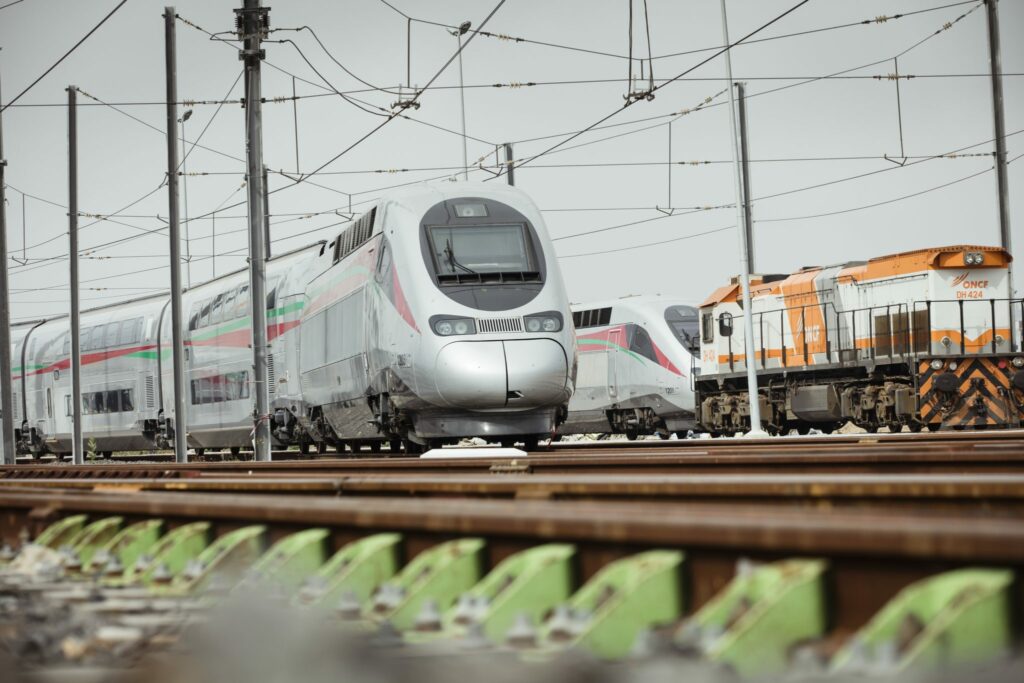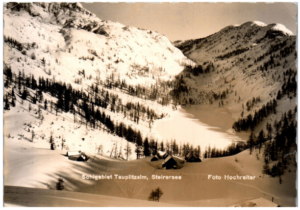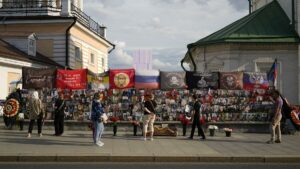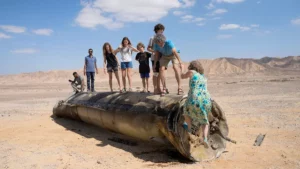Morocco Consolidates Its Railway Fleet With 168 New Trains

Following the call for expression of interest launched at the end of 2022, the Moroccan National Railway Office (ONCF) proceeded with the tender for the acquisition of some 168 self-propelled trains; 150 are for urban transport services, including fast shuttle trains and connection between major cities, as well as 18 high-speed trains, according to a statement from the Moroccan National Railway Office itself.
The acquisition of these new trains allows the ONCF to keep pace with the growing proliferation of the train in the country, as well as to modernise a large part of the current railway fleet. The aim is, on the one hand, to ensure the extension of the high-speed train line to Marrakech and, on the other hand, to cover the need for local train service in the Casablanca-Settat and Rabat-Kenitra regions.
In order to facilitate access to the best offers and to rely on the competences of the strongest partnerships, the most efficient resources and the most innovative ideas to prepare and develop the project efficiently, the ONCF has set an ambitious investment budget of 1.6 billion euros and aims to have, through this project, 18 high-speed trains, 40 intercity trains, 60 fast shuttle trains and 50 metropolitan trains.

The contract is scheduled to commence on 31 July 2024. Deliveries are also expected to start in 2027 with a possible extension until 2030. In the same press release, the ONCF explains that this acquisition is intended to accompany the strong growth in passenger rail traffic and to replace part of the rolling stock fleet that is reaching the end of its useful life. As for the industrial project, the Office aims to create a railway ecosystem of suppliers and subcontractors, in cooperation with the public sector, in order to enable Morocco to supply trains to the African and European markets.
The local integration of the trains will be gradual, so that the first 15 trains delivered, produced outside Morocco, will have a local integration rate of 5 to 10%, while the next 15 trains, produced in Morocco within the framework of the industrial unit covered by the project, will reach an integration rate of 30 to 40%. The remaining volumes, produced in Morocco as part of the industrial ecosystem, will achieve a local industrial integration rate of 60 to 80%.
This is a project that will have significant positive economic and social results in terms of job creation and strengthening of the national industrial fabric with a marked local integration rate that will lead the Kingdom to a highly competitive position at both continental and global level. It is worth mentioning that it is a project based on three main components: the acquisition of trains, the maintenance partnership and industrial development.

The procurement of trains will be carried out according to a reception programme covering a four-year period between 2027 and 2030. While the maintenance partnership, which will unite the office with the selected partner in the form of a joint venture, will be responsible for providing ongoing maintenance as well as industrial services for the trains. The third component, which is industrial development, sees the partner commit to the construction of a manufacturing unit and the development of a system for Morocco’s own railway industry, and which will be export-oriented, with suppliers and contractors, as it has achieved in the automotive and aviation industries.
According to the ONCF, the Moroccan railway industrial ecosystem will have countless positive economic and social consequences; it will host several national and foreign investments that will generate stable jobs; as well as give more strength and energy to the national industry, making Morocco, thanks to the “Made in Morocco” a prosperous country and exporter of industrial products not only to African neighbours, but also to other countries in the world, especially with its port opening to both the Mediterranean and the Atlantic.
It should be noted that the contract that the ONCF intends to sign with the elected partner will be accompanied by an industrial compensation clause relating to the establishment of a long-term partnership concerning the maintenance of railway rolling stock, as well as an industrial project relating to the production of self-propelled trains in Morocco. This is part of the Alawi kingdom’s major challenge, which is exports. In this regard, Morocco stresses the importance of implementing the “Ambition Export” through a fruitful partnership between the private sector and the public sector.
Source : Atalayar





